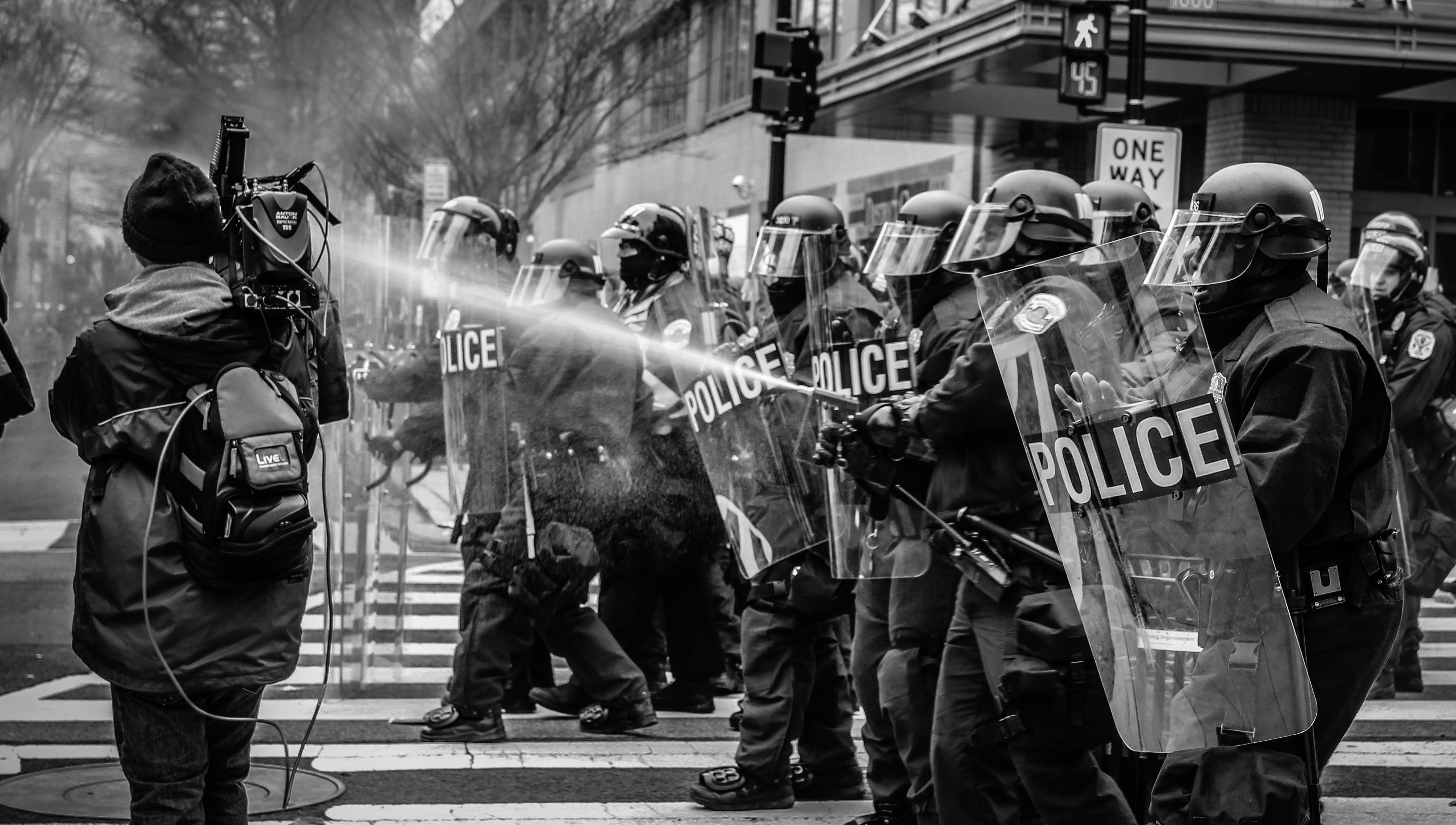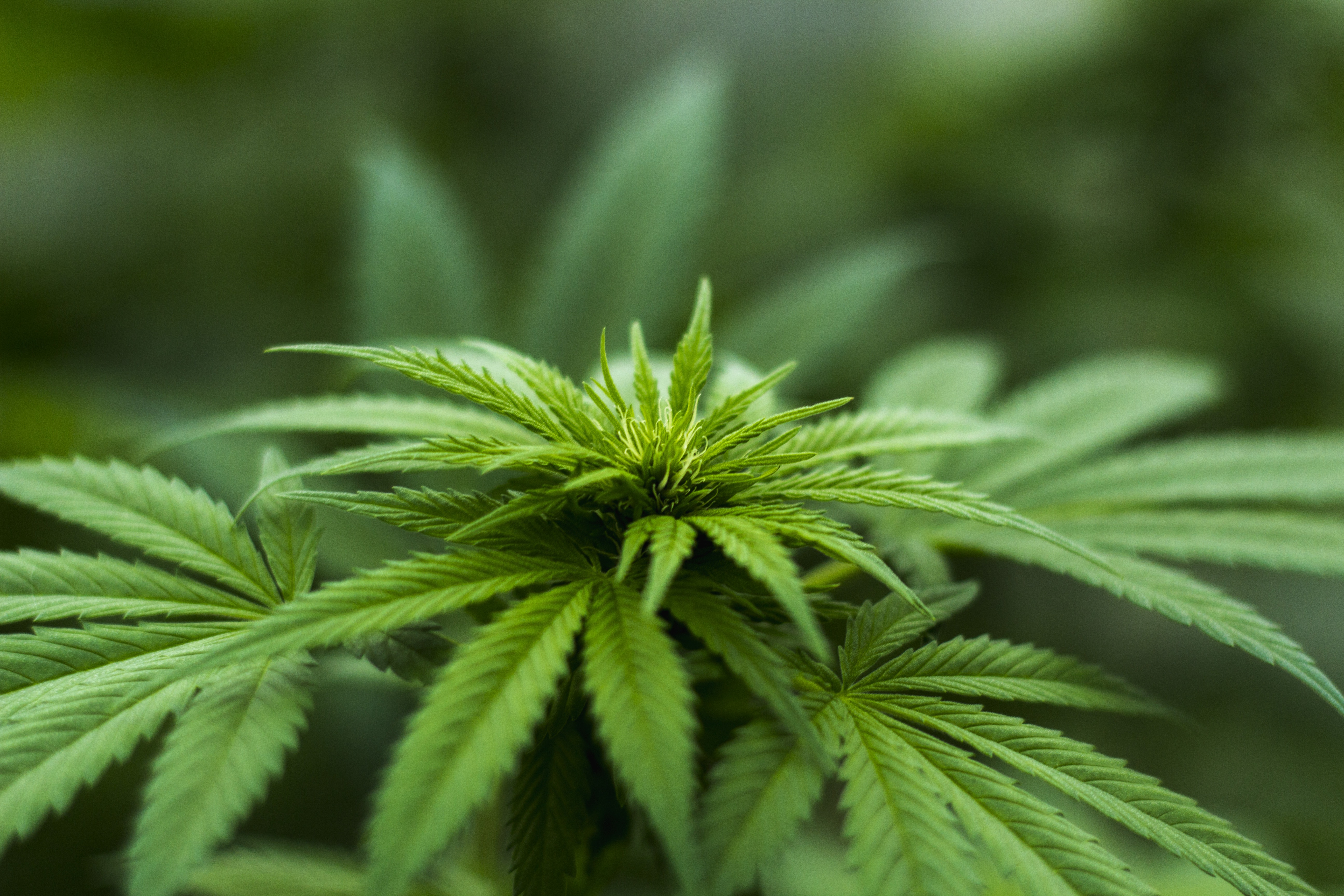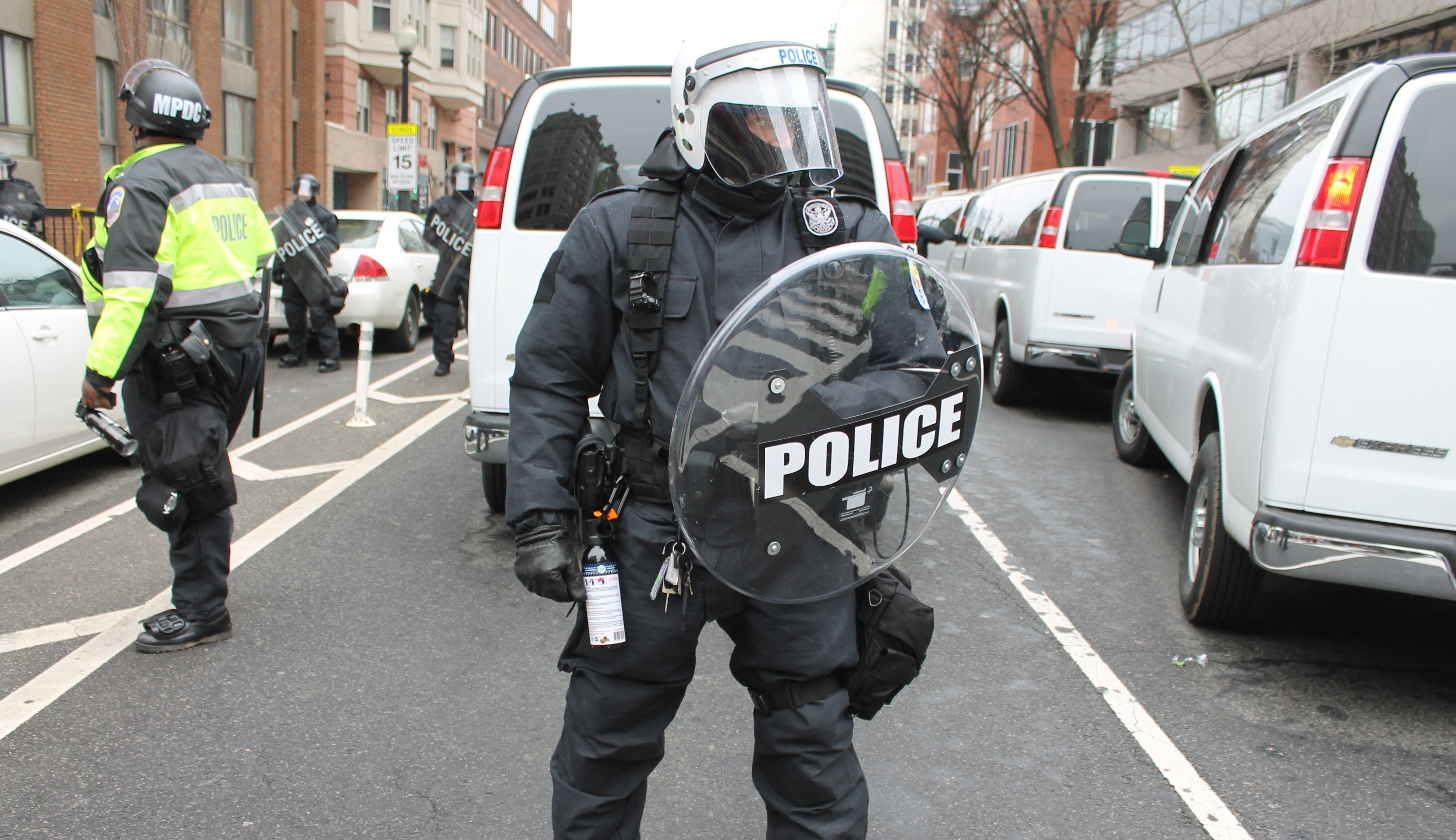2017 was a challenging year, but one that was actually rewarding on a personal level.
I began the year by losing my job at MintPress News, but by the end of the 2017 I’d accepted a position as editor of Ministry of Hemp, a niche media site that’s still in its early stages but rapidly growing into a respected voice.
I started Gonzo Notes in late 2016, and during 2017 it reached many new people and became an important part of my monthly output. One issue, “What Are The Antifa Doing After Harvey?” was quoted internationally. My writing career continues to grow more rewarding in all kinds of ways, especially in the feedback and support I get from my readers.





